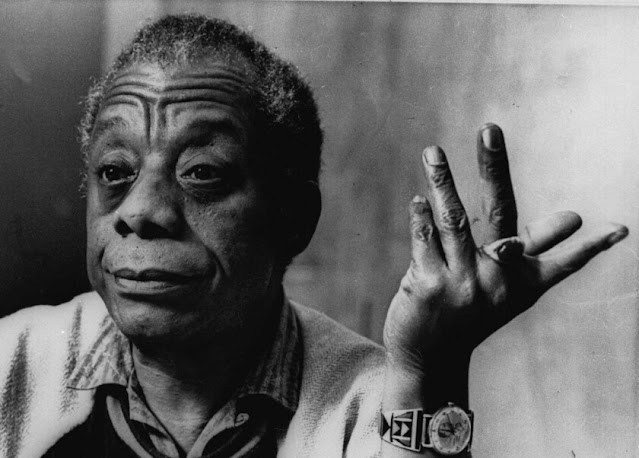My Homage to Hazel Scott and Roberta Flack
On this day when Black History Month morphs into Women's Herstory Month, I am compelled to mention and praise the new documentary on the life of pianist and actor Hazel Scott titled The Disappearance of Miss Scott. Hazel Scott was an extremely talented pianist who made her career by "swinging the classics" as it was called back them. Born in 1920 in Trinidad, Hazel and her mother came to New York City at the height of the Harlem Renaissance when she was four years old. Four years later, she was enrolled to study piano at Juilliard.
After being heard in several radio broadcasts, she was engaged to star at Café Society after her friend Billie Holiday secured the gig for her. Soon Hollywood came calling and she was cast "as herself" in five films. During the filming of her final film, The Heat's On (1943), Scott demanded that the black women who were dancing in the scene when she was at the piano wear costumes that were more dignified than the ones that the studio had provided. She was then labelled a troublemaker and never appeared in another Hollywood film.
After her stint in Hollywood, Scott starred in her own nationally syndicated television show titled The Hazel Scott Show. She was the first African American to have her own TV show. This was in 1950. After just two months of highly successful ratings, Scott was accused of being a Communist and testified voluntarily before the House Un-American Activities Committee (HUAC). Though she vehemently denied the charges, her image was already tarnished in the media. Her sponsors pulled out, and her show was taken off the air.
HUAC infamously attacked African-American celebrities including Langston Hughes, Paul Robeson, W. E. B. DuBois, Dorothy Dandridge, Sidney Poitier, Lena Horne, Richard Wright, and Harry Belafonte. Hazel Scott was just another casualty of the fabricated "Red Scare."
The next phase in her career involved living in Paris. The Europeans treated her like a queen, and she had a huge following. Future Congressman Adam Clayton Powell decided that she would make a nice piece of arm candy for him, and married her in 1945. She went back and forth between Paris and New York.
On the surface, it seemed like she had it all. But in reality, Hazel suffered a "nervous breakdown" in 1951, and attempted suicide twice. She acknowledged that her marriage to Powell was extremely volatile, and that many of their arguments were fueled by alcohol. She also acknowledged in her writings that when he was pressuring her to return to the United States at the dawn of the Civil Rights Movement, she knew that she "would rather die, first."
It is most unfortunate that many young people have never heard of Hazel Scott. Because she was such a genius, the powers that be literally tried to erase her from the American memory. Her contract in Hollywood specifically stated that she would not portray a maid or any negative stereotype. (Lena Horn had the same clause in her contract.) Her arguments with her husband wore her down in the end. Considering how ruthless her own country was toward African Americans, it is truly a miracle that she was able to accomplish as much as she did.
 |
| Roberta Flack |
And on February 24th, we learned that we had lost pianist, chanteuse, and composer Roberta Flack. She had gained international acclaim for becoming the first artist to win the Grammy Award for "Record of the Year" for two consecutive years. Born in 1937 in Black Mountain, North Carolina, Flack was no stranger to racism. As a child she studied classical piano, and was denied entry in a piano competition because of her race. When her father died, she was forced to become a breadwinner for the family by teaching in public schools and performing in nightclubs. It was during a performance in Washington, DC that she was seen by Les McCann who arranged an audition for her with Atlantic Records.
In my memoir I tell the story of meeting Miss Flack when I was a young teenager after her performance with the Nashville Symphony. Years later she invited me to practice on her Bösendorfer concert grand piano in her apartment the The Dakota. She was a very sweet lady, and I am honored to be able to say that I knew her.
I would also like to mention the names of other African-American women who began their careers as classical pianists:
And of course, Aretha Franklin and Alicia Keys continue the legacy.















Comments
Post a Comment